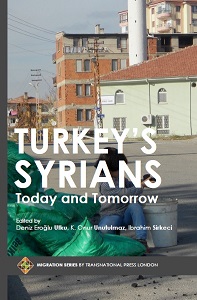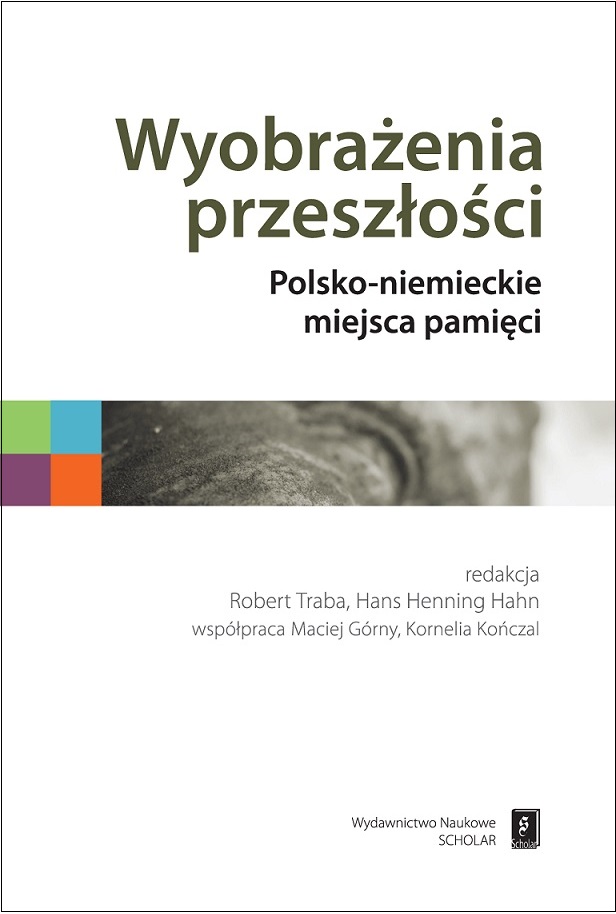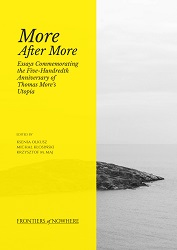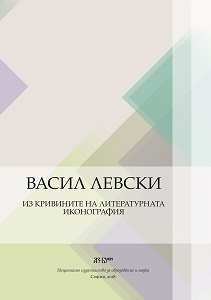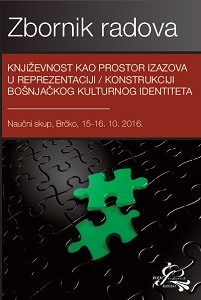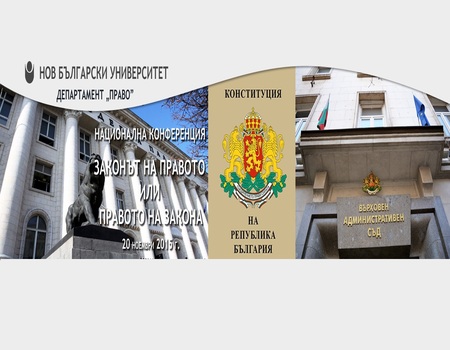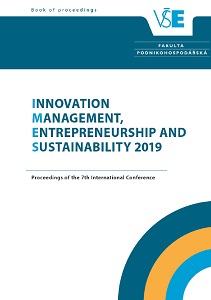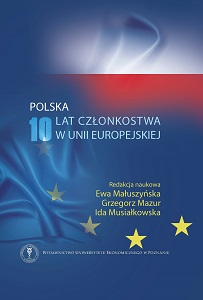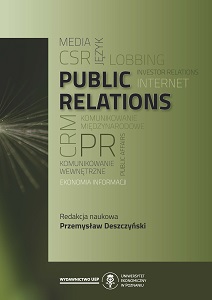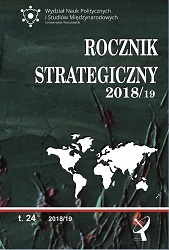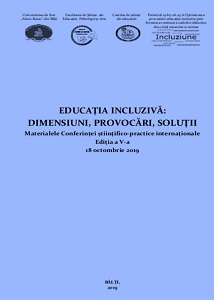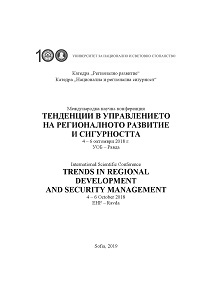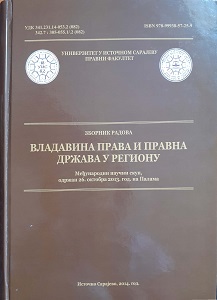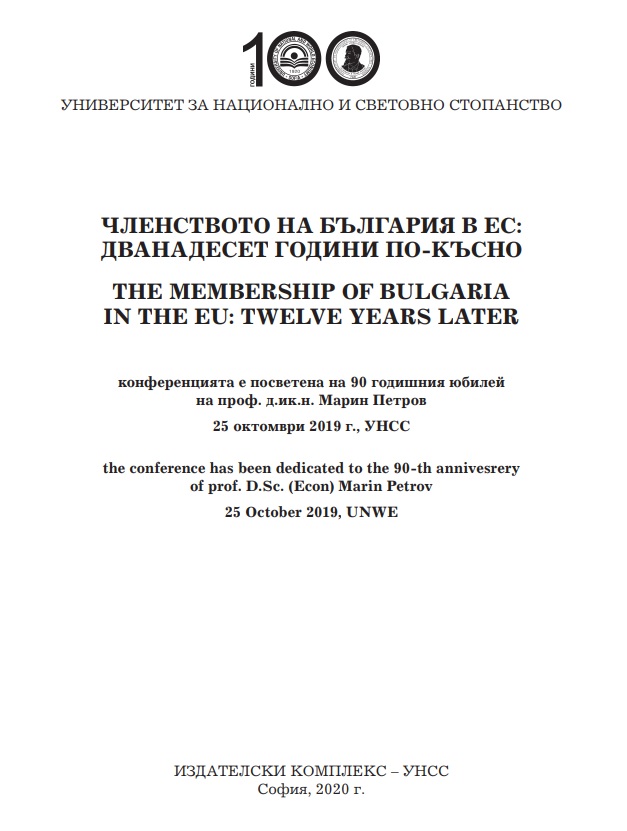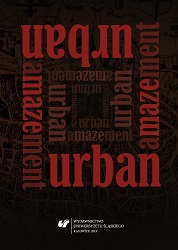
Anxious City: The Fears and Apprehensions of Citizens and Tourists in Modern Urban Areas
In today’s world numerous dangers seem to threaten human lives. Modern society is claimed to be fearful and anxious, hence it is exposed to perils that are neither comprehensive nor controllable. Both global and local threats, such as economic crises, unprecedented technological advancement, terrorism or climate change and the increasing instability in the job market, crime or otherness influence everyday existence of modern man, who becomes increasingly apprehensive. The persistent atmosphere of fear is additionally nourished and sustained by the ubiquitous message presented by the media, which selectively focus on the negative broadcast. Modern cities, which are now perceived as a location where otherness is to be rather feared than praised and cultivated, are believed to be places which encapsulate almost all contemporary fears. First and foremost, they are scenes where the fear of crime takes its toll. Not only does it shape the structure of the city, as it leads to the establishment of the so-called gated communities, occupying closed and guarded estates, but primarily the relationships among different formal and informal social groups existing within the city. Feared are those of different race, religion, nationality, social status, gender, and even age. Being other, feared are also those coming to cities as tourists. In the face of the fact that city tourism is on the increase one could suspect that this is entirely safe and entertaining pastime; however, the analysis of urban tourism leaves no doubt that it also brings certain dose of fear and anxiety. The article aims at presenting various fears and anxieties experienced within urban area by both tourists and citizens.
More...
